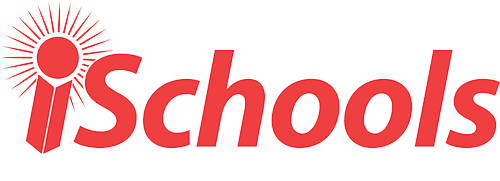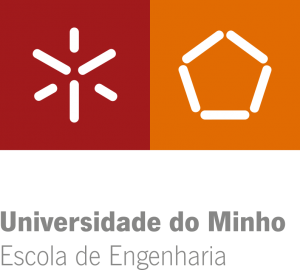Wagner de Oliveira, investigador do grupo IST, finaliza doutoramento

Tema da Tese: A Ciência de Serviços na melhoria da educação a distância em uma organização pública de ensino superior
Autor: Wagner de Oliveira
Programa Doutoral: Programa Doutoral em Tecnologias e Sistemas de Informação
Orientador: Luís Alfredo Martins Amaral
Data de Defesa: 28/06/2019
Resumo:
Distance education (DE) is the teaching method that grows the most in Brazil, mainly due to its great differentials, such as time flexibility, a greater interaction with people from different places and professional experiences, and the opportunity to study with different methodologies and technologies. Distance-learning courses and organizations that offer this teaching method has multiplied as the years have passed and the tendency is that the demand increases even more. As the enrolment numbers in the distance learning modality grows, its challenges grow with it, because the organizations who offer this modality need to structure themselves in order to attend the great demand of students interested on it. Hence, DE should not be considered only in the technology context, but in all related aspects of this teaching method (technology, people and organizations), thus, there is the need to tackle distance education from a systemic vision. And this systemic vision means to tackle it as a system shaped by all processes that are included on the distance teaching and learning, such as learning, teaching, communication, creation and management. On this perspective, we need concepts and theories that will assist us on the action planning for the distance learning development as a service system. Here, we have various studies in the Service Science academic field that have been used in the service sector, and also may be used for improving distance education. Service science is a body of knowledge that exploits service system operations and laws through synthesis management, engineering and social science technologies to solve real complex problems, providing a scientific methodology to improve system service efficiency throughout all life cycle. Both quantitative and qualitative methods are used to shape the main factors (people, processes, relationships and subsystems). Such actions assist the system management, ensuring operational and engineering success. In this context, the main goals of this doctoral project were to do a study on processes involved into the IFRN´s distance learning, and, consequently in Brazil, as a way to characterize distance education as a service system that is available to different customers (students, professors and organizations) through people’s interaction, organizations and technological resources, afterwards, to evaluate, to explore and to verify the academic field potential of Service Science in the context of distance education, identifying main concepts, theories and techniques of this academic field that may be used to improve processes involved in the offering of distance modality courses, and, finally, to propose a testing method that uses Service Science concepts to suggest improvements to all processes involved in the offering of distance learning courses at a tertiary public organization. Empirical studies verified that distance education may be defined as a system service that is provided to different customers (students, professors and organizations) through people’s interaction, organizations, shared information and technological resources that need to work together to co-produce value in the teaching-learning relation that will be established with the distance education courses. Therefore, once DE is defined as a system service, with concepts and theories of Science Service, that have already been applied in the service sector, it may be used for improving distance education. In this regard, it is possible to propose a conceptual model that analyze relations among resources (people, technology, organizations and shared information) in a service science system on the environment of distance learning and propose a method which its main goal is to verify distance learning strengths and weaknesses in a tertiary public institution.



